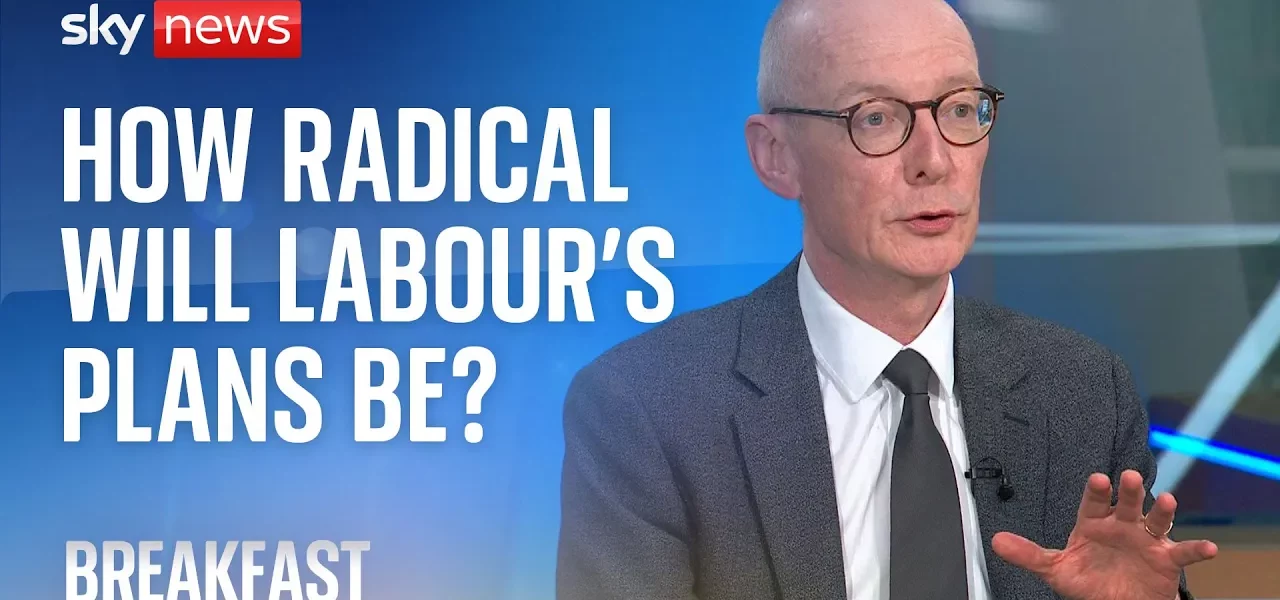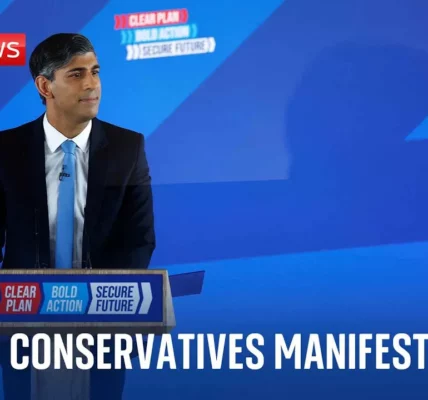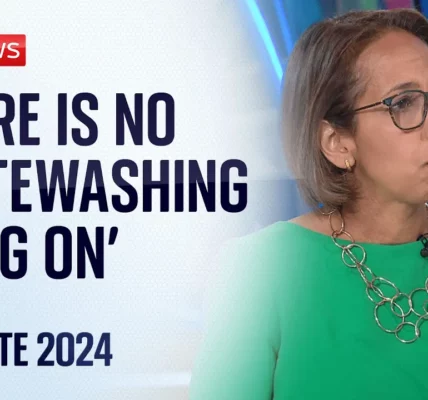Interview with the Chancellor of the Duchy of Lancaster: Insights and Challenges Ahead

This article delves into the recent interview with the Chancellor of the Duchy of Lancaster, highlighting significant issues concerning education, housing, and public services in the UK government. The Chancellor shares insights on the responsibilities and challenges faced in their new role, marking a significant shift from opposition to governance.
Introduction
The recent interview with the Chancellor of the Duchy of Lancaster, also known as Pat Pin, marked a pivotal moment in UK politics. After years in the shadows of opposition, the Chancellor now finds themselves at the center of governance, engaging with pressing issues that affect millions. This transition is not only significant for the Chancellor but also for the constituents who look to their leaders for solutions to critical challenges in education, housing, and public services.
The Transition from Opposition to Government
Reflecting on their first morning in office, the Chancellor described a moment filled with both pride and responsibility. Sitting at the cabinet table alongside other key figures, such as the Secretary of State for Health and the Deputy Prime Minister, the Chancellor acknowledged the shift from being a shadow member to holding a position of influence.
Significance of the Election Result
The recent election results have transformed the political landscape, allowing the Chancellor and their colleagues to take on roles that carry significant weight in decision-making. The acknowledgment of the “shadow” label being lifted symbolizes a new era for the government and a chance to implement policies that were previously only discussed from an opposition standpoint.
Addressing Educational Challenges
One of the most pressing issues highlighted during the interview is the alarming number of children missing from school. The Chancellor emphasized the government’s commitment to ensuring that every child has access to quality education, whether in traditional schools or through effective homeschooling.
Implementing a School Register
To tackle the issue of absenteeism, the government is setting up a comprehensive register to track which children are not attending school. This measure aims to:
- Identify the reasons for children being out of school.
- Ensure that those not in school are receiving suitable education.
- Prevent children from falling through the cracks in the education system.
The Importance of Education
The Chancellor reiterated the critical role education plays in shaping a child’s future. Highlighting historical statements that emphasize education as a fundamental right, the government aims to address the issue with urgency and effectiveness.
Economic Concerns: Mortgages and Inflation
As the interview progressed, the topic shifted to economic challenges, particularly concerning mortgages and inflation. The Chancellor acknowledged the pressure families face due to rising living costs and the stagnation of wages.
Interest Rates and Family Pressures
The Chancellor was cautious when discussing potential interest rate changes, emphasizing that the decision lies with the Bank of England. However, the hope remains that any decrease in interest rates would alleviate some financial burdens on families. Key points include:
- The need for responsible economic management.
- The importance of addressing living standards, which are currently lower than in previous parliaments.
- The impact of inflation on household budgets and overall economic stability.
Public Services and Environmental Concerns
The discussion also touched on public services, notably water companies and their accountability in environmental matters. The Chancellor expressed a commitment to ensuring that public service providers act responsibly.
Plans for Water Companies
Addressing the issue of sewage pollution, the Chancellor outlined plans to hold water companies accountable for their practices. This includes:
- Investigating leadership remuneration in light of environmental violations.
- Potential criminal accountability for executives who fail to uphold public service standards.
- Legislation aimed at enforcing stricter regulations on environmental practices.
Conclusion
In conclusion, the interview with the Chancellor of the Duchy of Lancaster highlights significant challenges and responsibilities the government faces. From addressing educational disparities to managing economic pressures and ensuring accountability in public services, the Chancellor’s insights provide a glimpse into the priorities of the new administration. As the government moves forward, it will be crucial to remain vigilant and proactive in tackling these issues. For further updates on government initiatives and educational reforms, stay tuned to our related articles on education policy and economic strategies.
“`




